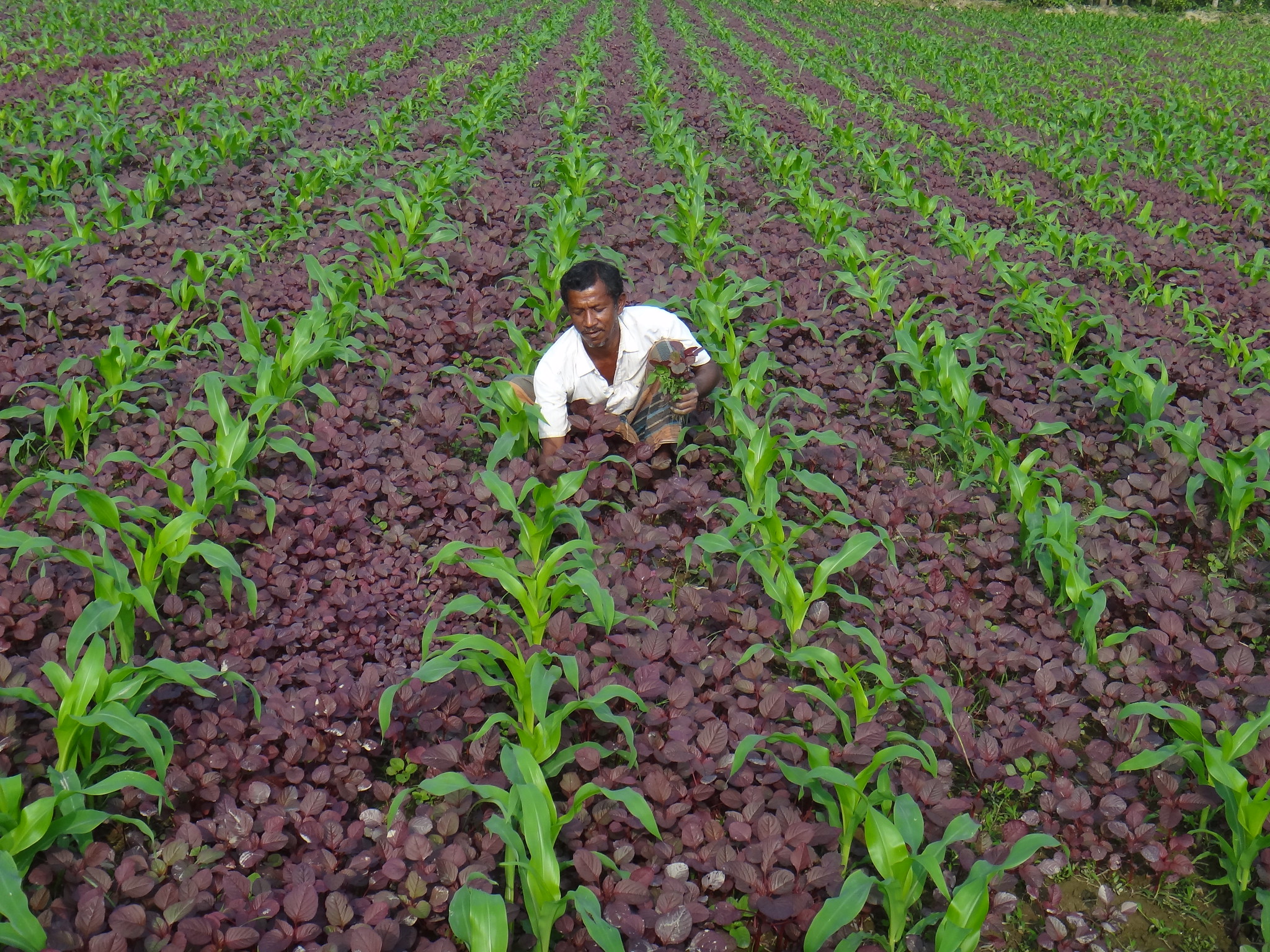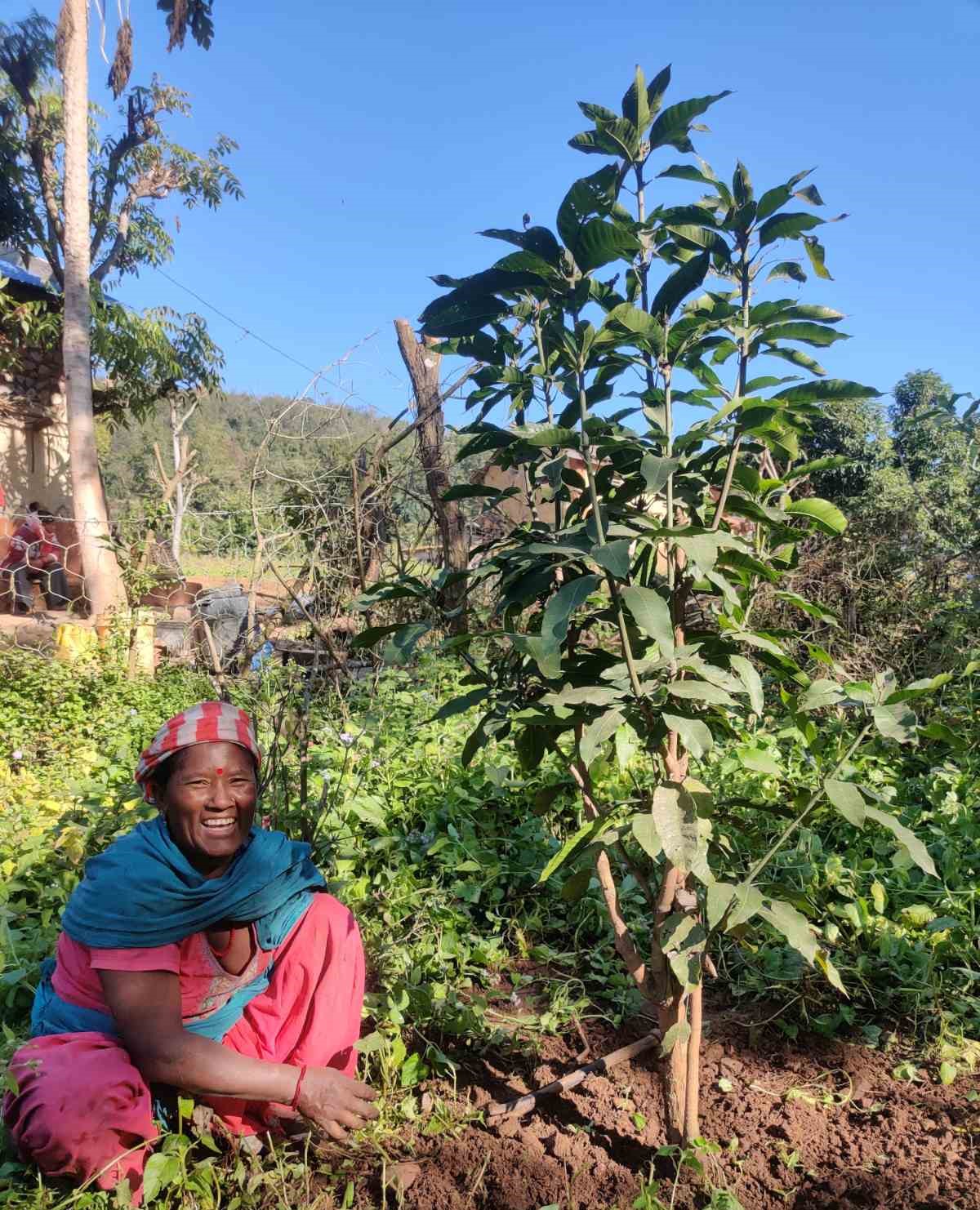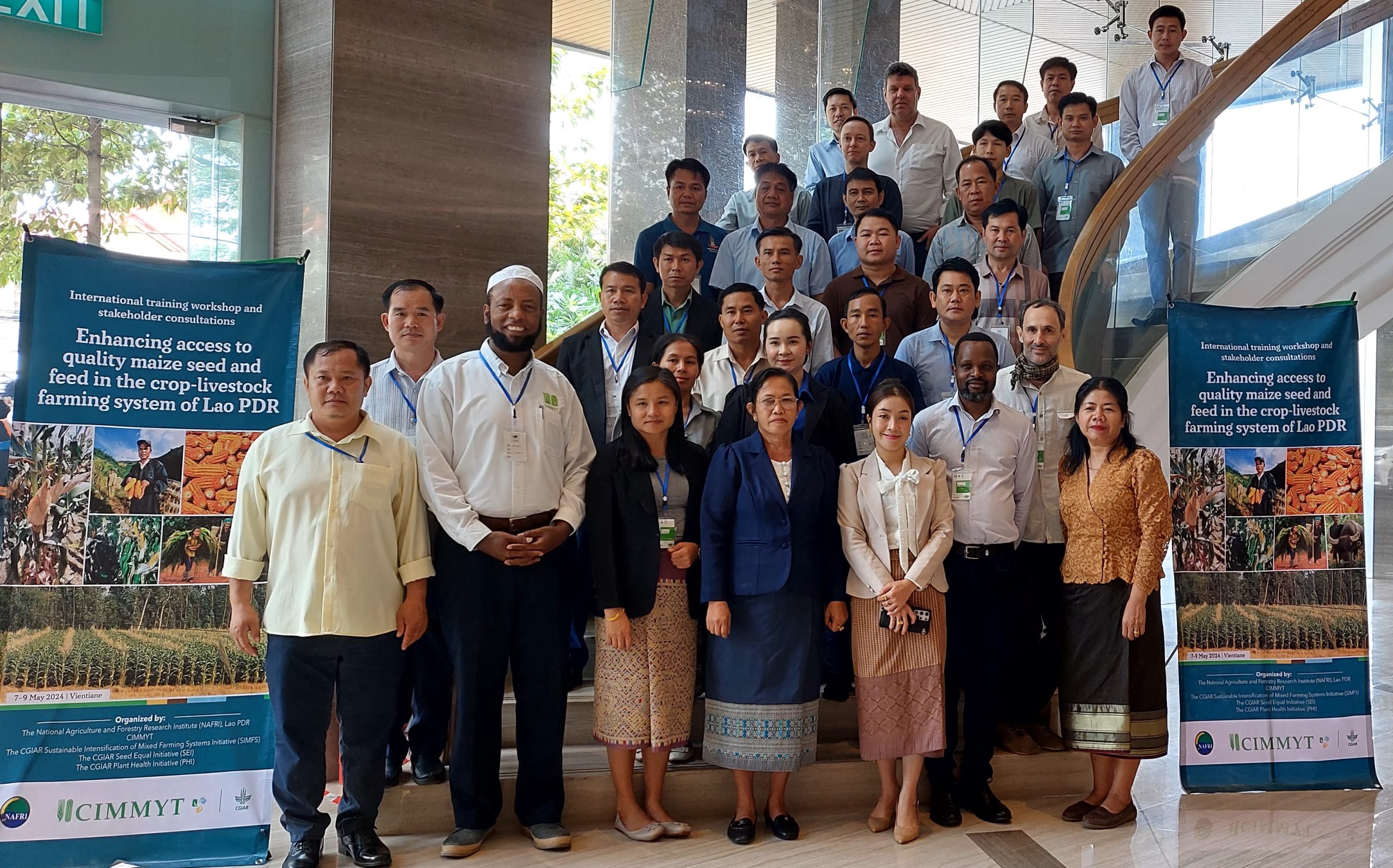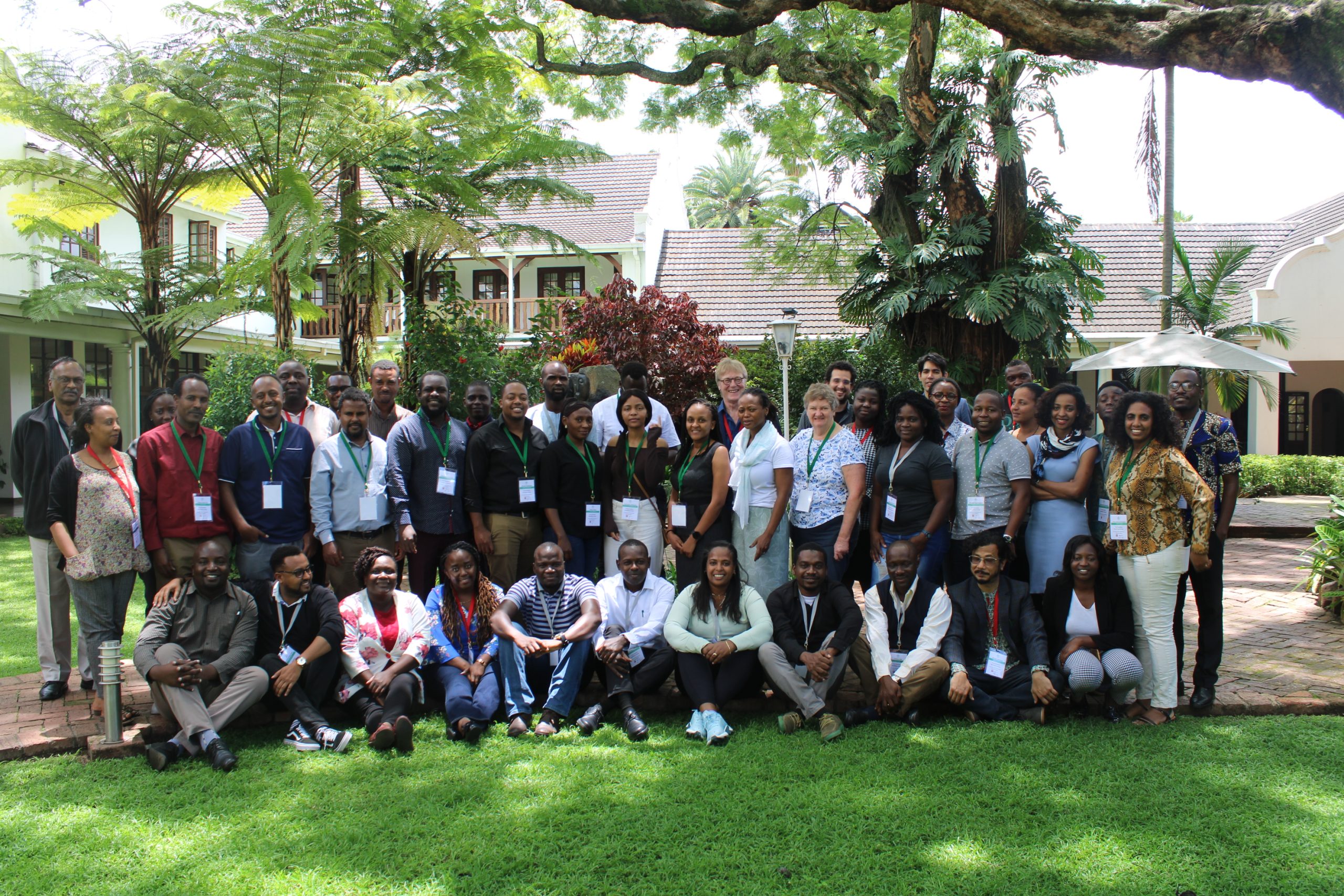Most agricultural production in the Global South takes place in mixed farming systems, which allow farmers to diversify risk from single crop production, use labor efficiently, access cash and add value to products. Key drivers — climate change, population pressure, urbanization, water scarcity, changing diets, volatile food prices — mean that flexible and accelerated changes in mixed farming systems will be needed to achieve global targets such as the Sustainable Development Goals. Sustainable intensification, or the production of more food on the same piece of land while reducing the negative environmental impact, is a viable avenue.
Two types of hurdles must be overcome to adequately meet the challenge at farming systems level. One hurdle is to ensure efficient coordination, integration and transfer of innovations, information, tools and standardized methodologies. A second hurdle is to integrate multiple biophysical and socio-economic thematic-level outputs and identify strategies that minimize trade-offs and maximize synergies, resulting in multiple impacts at scale.
Objective
This Initiative aims to provide equitable, transformative pathways for improved livelihoods of actors in mixed farming systems through sustainable intensification within target agro-ecologies and socio-economic settings.
Activities
This objective will be achieved through:
- Analyzing status, trends and future dynamics of mixed farming systems to identify entry points for equitable sustainable intensification, to mitigate negative impacts of change and seize emerging opportunities for livelihoods.
- Building methods and tools for sustainable intensification of mixed farming systems to support decisions on what kind of sustainable intensification might work where, and for whom, in specific contexts.
- Participatory co-design of mixed farming systems with evidence-based, validated sustainable intensification innovation packages that are responsive to improving efficiency, equity and resilience, in regions where mixed farming systems dominate the landscape.
- Advancing and supporting scaling of innovations, through strategic partnerships and building the capacity of relevant actors in scaling approaches — a gender-transformative approach will be central to all innovation and scaling design to enhance equity.
- Capacity-building for mixed farming system design and analyses, to support long-term impact on university and college students, scientists, extension agents, farmers, private sector, policy makers and development actors.
Outcomes
Proposed 3-year outcomes include:
- Smallholder farmers use resource-efficient and climate-smart technologies and practices to enhance their livelihoods, environmental health and biodiversity.
- Research and scaling organizations enhance their capabilities to develop and disseminate innovations.
- Smallholder farmers implement new practices that mitigate risks associated with extreme climate change and environmental conditions and achieve more resilient livelihoods.
- Women are youth are empowered to be more active in decision-making in food, land and water systems.
- National and local governments utilize enhanced capacity to assess and apply research evidence and data in policymaking processes.


 Innovations
Innovations 
